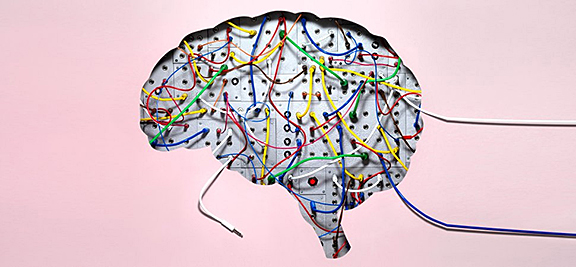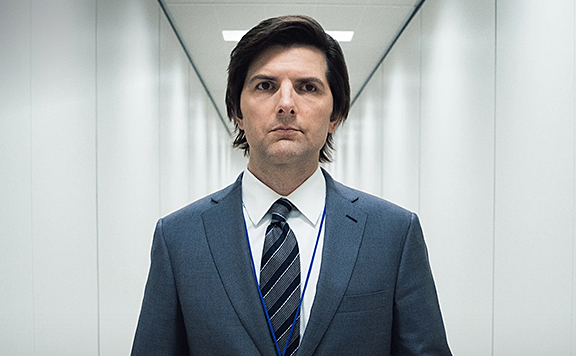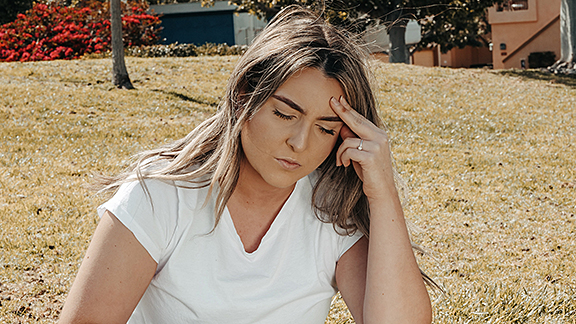Uncrossing Our Wires
Every month I ask myself, should I keep writing? I worry about missed words, extra words, and significant typos. In my March column, I referred to the 1918 pandemic a the 2018 pandemic. Beliefs and ideas unite and divide us. Misinformation spreads fast. I don’t want to seed the atmosphere with misinformation or, with accurate information poorly communicated by me. I realize that everything can be misconstrued because individuals tend to meet and greet new information with their own beliefs and perspectives, sometimes projecting those perspectives onto everything.
the 2018 pandemic. Beliefs and ideas unite and divide us. Misinformation spreads fast. I don’t want to seed the atmosphere with misinformation or, with accurate information poorly communicated by me. I realize that everything can be misconstrued because individuals tend to meet and greet new information with their own beliefs and perspectives, sometimes projecting those perspectives onto everything.
If I do keep writing, should I write about everything I want to write about, especially the personal health related stuff? I am an older person with an evolving take on my history. I worry that any topic I write about in late March will look different to me by early April because, if I’m learning, thinking, and getting enough good sleep, my thinking about anything should change a bit or at least become more refined by the following week. Openness to current ideas combined with a wait-and-see attitude can harden into analysis paralysis. I have a harsh inner critic. I often struggle within myself.
On the day I wrote the previous paragraph in the first draft of this column, just as I typed the word “refined,” my thinking shifted to scenes from Apple TV+’s series “Severance.” Plot outline ahead.

In “Severance,” Mark, played by Adam Scott, leads the Macro Data Refinement Team at the fictional Lumon Corporation. The Macro Data Refinement Team members have had their physical brains re-wired: they can think only of work while at work while having no awareness of work-life when outside of work. Several “Severance” episodes have “dropped; “dropped,” in case you the reader didn’t know, is slang for released for viewing. I first heard “dropped” in an online “Severance” discussion where group members notified each other that the newest episode had dropped; upon hearing this, I went right to my TV.
The participants in the online “Severance” discussion group, some of whom self-identify as therapists, focus on the motivations and behavior of the “Severance” characters while seeming to ignore the physical alterations made to the characters’ brains. Notions of mind over matter and mind-body dichotomy still run deep in western thinking, including in most religions and traditional medical practices.
I will now stop writing about the “Severance” series in progress, except to say, that, so far, for my money, $4.99 per month, “Severance,” directed by Ben Stiller, provides much to consider about brain damage and consciousness; and viewers get to watch John Turturro, Christopher Walken, and Patricia Arquette. Apple TV+ has not paid me for this endorsement. Again, I am paying them to watch it.
Back in the day of three TV stations whose broadcasts gave way to test patterns after midnight, I would never have guessed I would be paying monthly for individual subscription TV stations just as I would never have imagined that I would one day be referred to as a health care consumer. And I now know that amnesia caused by a physical brain injury often prevented me from acting with the informed agency as a consumer of many things, including the sort of care I needed but didn’t know I needed. In recent years, I’ve felt more in touch with myself. I’ve updated my health history.
Diagnoses determine coverage. Diagnoses and misdiagnoses are labels that can follow people for life. The American Psychiatric Association’s DSM-5 has just added prolonged grieving to its list of disorders.
“Severance’s” Mark was grieving prior to undergoing severance. I said I was going to stop writing about “Severance.” I spoke too soon.

I’ve read several articles and much discussion about the new DSM-5 grief-related disorder. My lifelong reading and experience lead me to believe that the same institutions and systems that label prolonged grief a disorder, contribute to delayed and unresolved grief. Much political us/them antipathy results from the suppressed grief of men, women, and children consigned to, held down in, and raised within socially constricting classes and castes. We’re still encouraged to quickly get over the loss, live in the now, and be grateful for the blessings we have right now. People try.
Over a decade ago, I experienced a sudden random memory during a hike while listening to a fellow hiker describe a brownie recipe. Ongoing remembrance accompanied by strong and appropriate feelings followed. Body and mind work together to wire us to remember what to approach and what to avoid. Individual persons like locusts who swarm and cattle who stampede, likely share collective consciousness as well as territory. It’s good not to sever some connections.












